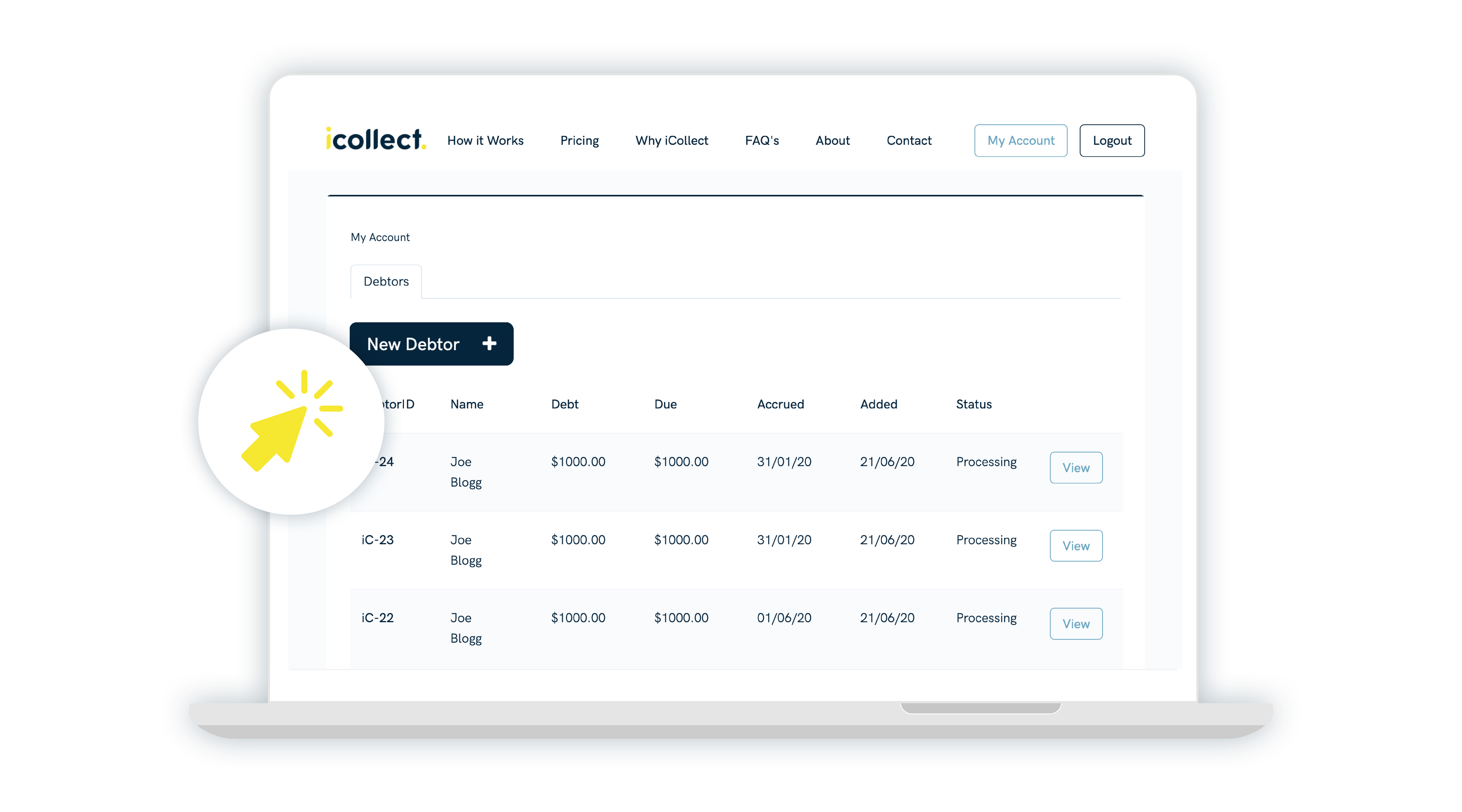The term “debt collection” can feel overwhelming but it doesn’t have to be. Whether you're a small business owner or an accounts manager, understanding how the process works in New Zealand can empower you to take control of overdue payments with confidence and clarity.
Stage 1: Internal Follow-Up
The process begins within your business.
As soon as an invoice goes past its due date, you should:
? Send an email reminder
? Make a follow-up call
? Offer a payment plan if needed
It’s good practice to send two reminders: one a few days after the due date and another around 14–21 days later. At this stage, keep the tone polite and professional.
Stage 2: Formal Letter of Demand
If there's still no response, it’s time to send a formal letter of demand. This letter:
- References the overdue invoice(s)
- Clearly states the amount owed
- Includes a deadline for payment (typically 7–14 days)
- Outlines possible consequences of continued non-payment
- This is the step that signals to your client that you’re serious and prepared to take further action if required.
Stage 3: Debt Collection Agency Involvement
When polite reminders and formal requests don’t work, partnering with a professional debt collection service is the next logical step.
Use iCollect's automation:
- Three pre programed debt collection agency letters
- Letters sent via email/text and available for download/print/post
- No commission charged to you or the debtor increasing the odds of getting paid by 20%.
Stage 4: Legal Action or Credit Default
If the debtor continues to refuse payment, legal or credit consequences may follow:
Disputes Tribunal: Ideal for debts under $30,000
District Court Action: For larger or more complex debts
Enforcement Options: Garnishments, asset seizures, or charging orders
Credit Defaults: Lodging a default on the debtor’s credit file can have lasting financial impacts and often motivates payment
Debt collection agencies can assist with these steps or refer you to legal partners if needed. Guardian Credit Services is who iCollect partners with.
Why Understanding the Process Matters
When you understand each stage, you can:
? Act early
? Minimise stress
? Recover more money
? Maintain positive relationships with paying clients
Most importantly, it allows you to remove emotion from the process and treat overdue invoices like what they are a business decision.
